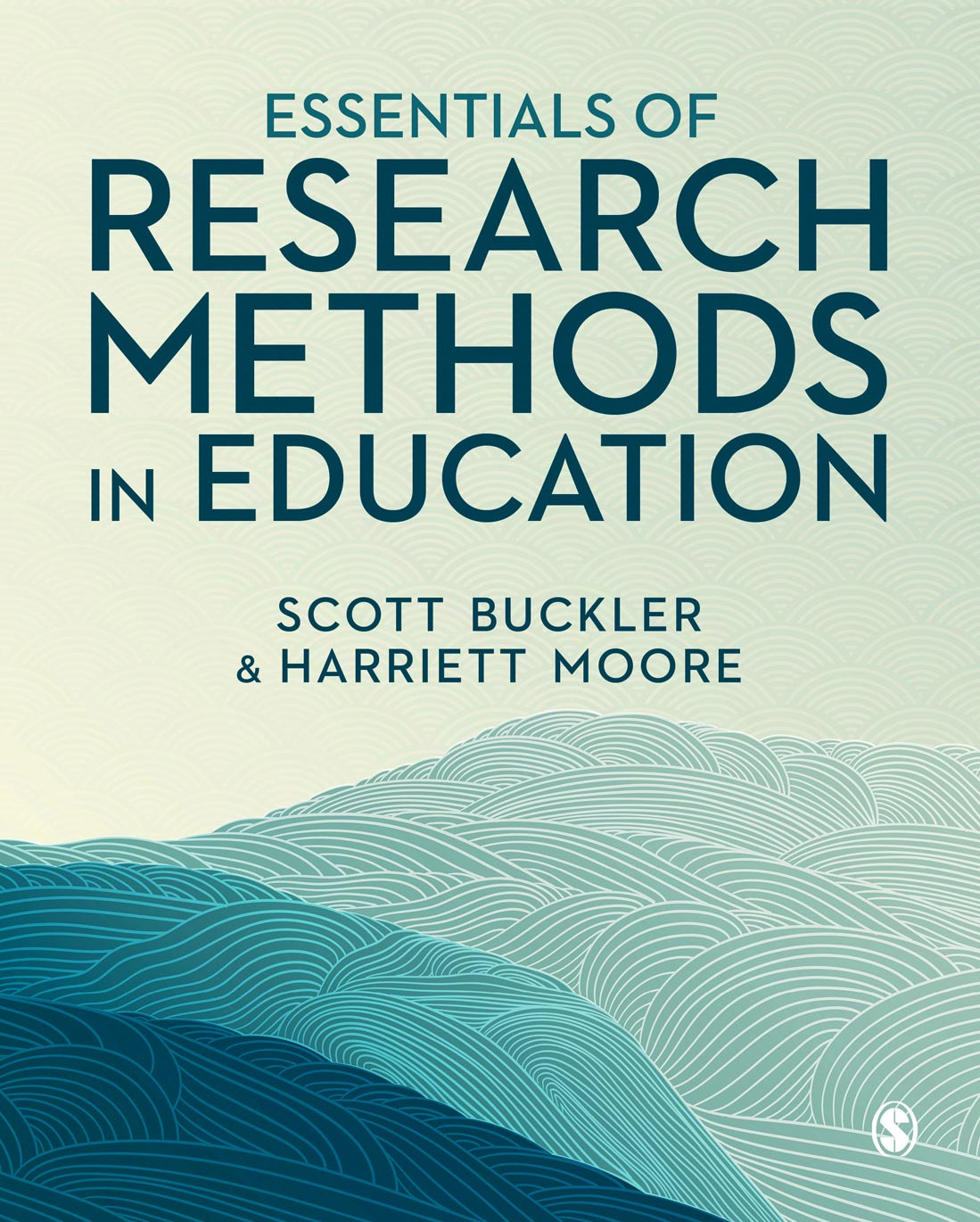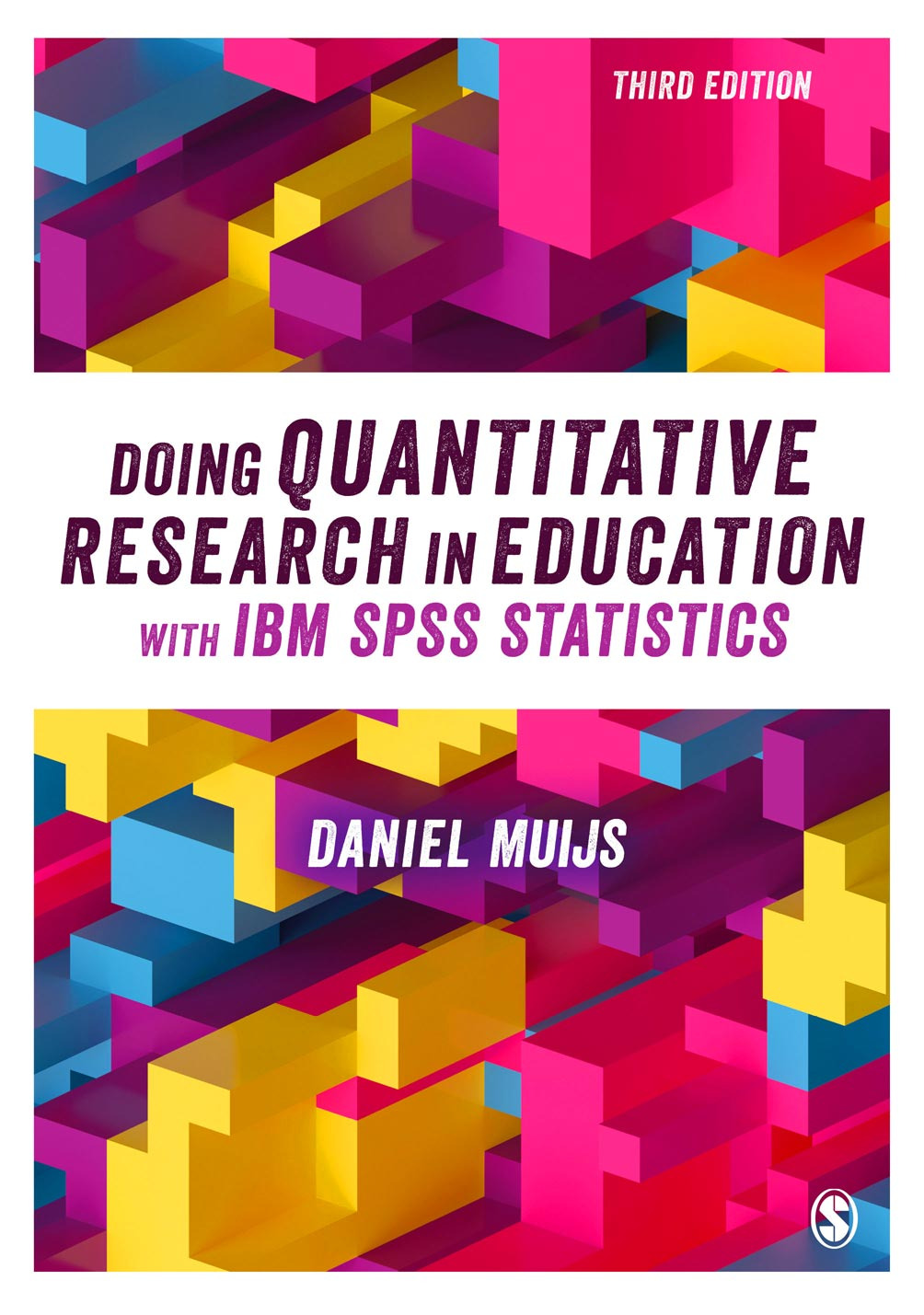You are in: Middle East
Change location
You are here
Doing your Education research project
Practical resources for education and early years students
Working on your Education research project but don’t know where to start? We've put together this page with top tips and advice from some of our educational research methods books to help you complete a successful research project.
Get support on
|
Becoming a confident researcher Planning your ed research project |
Developing confidence in research methods
The thought of starting your Education research project can be daunting, especially if you have never carried out a research project before. However, there are many misconceptions about research and carrying out a research project isn't as complex as it may seem...
Planning your research project
Identifying your research question
There isn’t a magic formula for coming up with a good question and sometimes it can take quite a while to get it exactly how you want it. You are trying to formulate a question which is a straightforward and transparent explanation of what you want to find out. It needs to be precise and detailed so that you maintain a clear focus. Consider the following:
-
The timescale and word count for your project will be a significant influence on the breadth and depth of the research you can undertake. What is realistic for you within the context of your investigation as well as the current situation?
-
What elements of practice and interest can you combine? Can you begin to formulate tentative questions about these areas? How might you go about investigating them?
-
To find a focus for your research, you need to combine a personal interest with existing research in the field so that you can contribute to what is already known about that particular element of practice. How does existing research help narrow your focus further?
-
What are your biases and preconceptions? What will you need to be aware of as you undertake the research?
-
Does your question clearly identify the elements of your research and indicate to the reader the main aim and focus for your investigation? Have you removed any ambiguous or misleading terms?
-
Does your question provide a narrow focus for the collection of data but broad potential scope for analysis?
How to do a research proposal
Use this list of ten questions as a guide when framing your proposal for a presentation or for your written document:
- Have I discussed the focus and rationale for my project?
- Are the research questions clearly identified?
- Has my preliminary reading around my topic raised any issues or observations?
- Have I engaged with critical analysis of the literature that I have read so far?
- Who are the participants and the context in my research?
- Am I clear about my research methods/procedures and how I intend to collect data?
- Have I identified the qualitative and quantitative elements of my study?
- How do I intend to analyse the data once collected?
- Is there evidence of my consideration of ethical issues addressing the BERA guidelines?
- Have I acknowledged my position in the research?
Planning to gather data
It is important to gather a range of meaningful qualitative data for your research project, however it is important to take into account the current circumstances and how this will work for you. When gathering data…
Do:
-
have a plan for gathering good evidence that is relevant to your focus and provides rich insights
-
plan ways to make the capturing of relevant evidence as easy as possible
-
plan to gather evidence from a variety of sources if possible (to enable triangulated analysis)
Don’t:
-
wait until you need to gather evidence before thinking about how best to do this
-
plan to interview learners
-
plan to convert rich qualitative data into quantitative data
Ethical compliance checklist
The ethical compliance checklist below shows the key issues that you, as a researcher, will have to address.
I have considered …
- If there is any risk to the participants
- If the participants will be deceived in any way
- How participant confidentiality will be maintained
- How participants will give their consent
- How the aims of the research will be shared with the participants
- How the collected data will be stored securely
- How long the collected data will be stored
- How the collected data will be disposed of
- What happens if participants change their mind
How to read and understand research
Where to find research
Working your way through the maze of research publications can be daunting. Needless to say there is no simple answer and no magic bullet in research terms that will deliver simple unambiguous answers to the question of how we should teach or even how children learn.
Knowing which are the reliable and useful databases, and then discovering how to effectively and efficiently search these to screen out the unnecessary articles, is a matter of practice and experience. It is worth experimenting with the various search operators to understand how they can be used to narrow down the field of available articles. The better your keywords are, the better the information you will retrieve from the databases. A widely used and freely available search engine, Google Scholar is one of the best ways to start a search.
Applying a critical analysis framework to research
This framework provides prompts for key questions to ask about the quality and rigour of the work under consideration. The process is not rigid and can be adapted to suit a wide range of types of research and scholarly work.
- Identify the intention
Reading the abstract is the fastest way to determine this. Try dividing your reading into three categories: that which requires more detailed reading and analysis; that which can easily be discarded as not relevant; and that which requires more consideration before it can be included or discarded. - Identify the main ideas
Ideally, the research questions will be clearly set out in one of the first few sections of the paper. If not, then the researcher will pose the questions at various intervals during the paper. There is also the conclusion section where the main ideas will once again be articulated. - Identify the underlying theoretical and methodological approaches
If there is a methodology section, it’s normally here that you find the theoretical approach taken by the researcher. This should let you know the epistemological and ontological basis of the research, and it will allow you to understand how it fits with your own approach. - What evidence is presented to support the arguments?
How does the author support their main argument(s)? What evidence do they provide (qualitative or quantitative)? Is the evidence strong or weak? In this step the quality of the evidence can also be assessed. - The 'so what?' test
All the time you are reading research you will need to be going back to the notion of why you need the research you are reading and how it will add to your overall understanding. If it does neither then you will need to reject the research; if it does one or the other, it’s worth looking again and seeing whether the other question could be applied. - What questions does the article prompt?
Good research will prompt the reader to consider further questions. The best research will either pose further related questions or indicate where there is more research to do or different avenues to investigate.
Writing up your research project
How to structure a research project
-
The abstract: usually a brief summary of the research, including reference to the research approach, methods and main findings.
-
An introduction: this often outlines the significance of the main research question.
-
The context in which the research took place, sometimes included in the research methods section.
-
The academic context: ‘the ‘literature review’ which locates the research within the current field of knowledge.
-
The research approach taken, the specific research methods used and the approach to data analysis.
-
The findings from the research study, following analysis of the data.
-
Discussion of the findings, where the results of the research are interpreted, in the light of other research findings.
-
Conclusions, which may also include recommendations for future practice, depending on the key purpose of the research study.
Writing a literature review
The literature review section of a research study fulfils many purposes, each of which is important in its own right:
-
It sets the context of the new research study by indicating what has already been investigated.
-
It indicates how the new research fits into this body of knowledge.
-
It opens up the significant debates associated with the focus of the research.
-
It prevents unknowing duplication of previous research, although you may deliberately choose to replicate a previous study in a different context.
-
It helps to identify the different research approaches used within your area of interest.
-
It identifies gaps in existing knowledge, which your new research may help to fill.
Your questions answered: free chapters on methods






